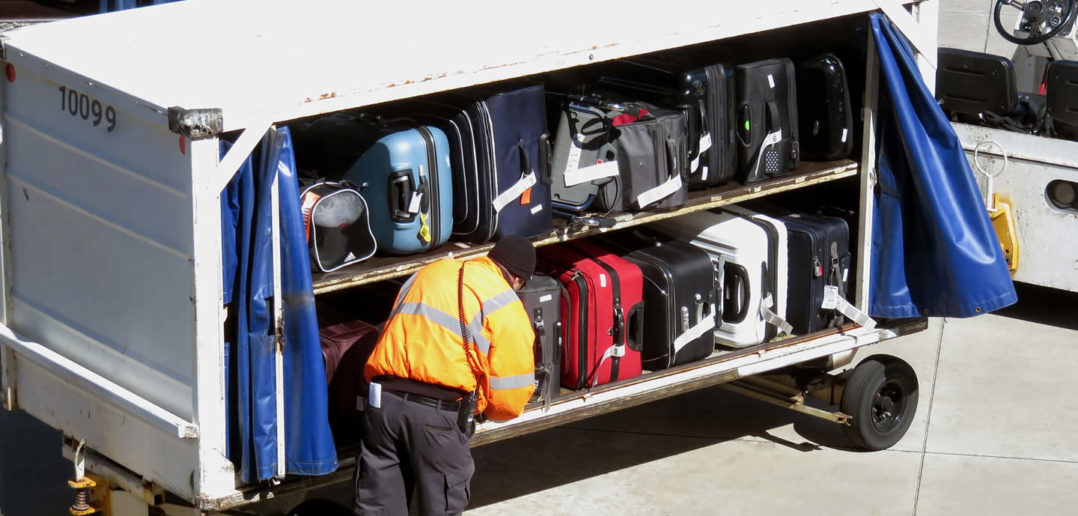Travelling with in instrument can be a nerve-wracking endeavour. Musicians rely on their instruments for their livelihood, but even for the more casual student the cost of replacing a guitar or cello can be expensive and airlines are notorious for refusing to take responsibility when a broken or empty case comes round on the airport conveyor belt.
In 2009, musician Dave Carroll found inspiration in the misery of finding his guitar broken after a flight on United Airlines in the US, and his song “United Breaks Guitars” became a viral hit on YouTube with more than 14 million views. In the track, Carroll explains his predicament of helplessly watching United baggage handlers carelessly throw around his musical gear and eventually delivering back to him a broken Taylor guitar.
Consumer protections have generally come a long way in the last decade, including Canada publishing their own “passenger bill of rights” earlier this week. However, travelling with instruments remains a worry for many musicians whenever they travel, with two horror stories appearing in the press in the last few weeks.
In one story, Matt Pike of metal band Sleep disembarked from his Delta Airlines flight from Miami to Atlanta only to find that someone had managed to steal the contents of his Pelican road-case. Custom pedalboards can be populated with dozens of stompboxes, and in Pike’s case the pedal board contained a dozen one-of-a-kind pedals that will most likely be irreplaceable. And to add insult to injury Delta Airlines denied Pike’s claim for damages over the incident.
In another story last month, Nashville-based musician Michael Gaisbacher had booked a flight with Air Canada to Yukon, where he was due to perform at a music festival, but upon arrival found his double-bass soaking wet. The water damaged not only the varnish, but also caused rust to appear on the tuners, and to make matters worse Gaisbacher had not yet purchased the instrument – it had been given to him on trial by luthier Jed Kriegel just a few days earlier.
The instrument was in a protective and waterproof case, so Gaisbacher told The Strad magazine that the only explanation for the water damage was that “It had to be unlatched while it was sitting on the tarmac uncovered in the rain”. Air Canada originally denied claims that the case had been mishandled, but now it has agreed to investigate the case further.
For those looking to travel with their musical gear, whether that is a rare violin made by Stradivarius, unique effects pedals from AclamGuitars.com, or a thrashed-out Fender Stratocaster, the UK Musicians’ Union “strongly recommends that you check with your airline that they will allow your instrument in the cabin before you book your tickets” and whether the instrument is allowed in addition to or instead of hand-luggage.
The International Federation of Musicians (FIM) Airline ‘traffic light’ tool lets you check the policies and reputations of each airline towards musicians and musical instruments and can be an invaluable source of information to put your mind at ease before you fly. However, even the best reviewed airlines can still have mishaps, as the above issue with Air Canada, the winner of the FIM awards in 2017 and 2018, demonstrates.




